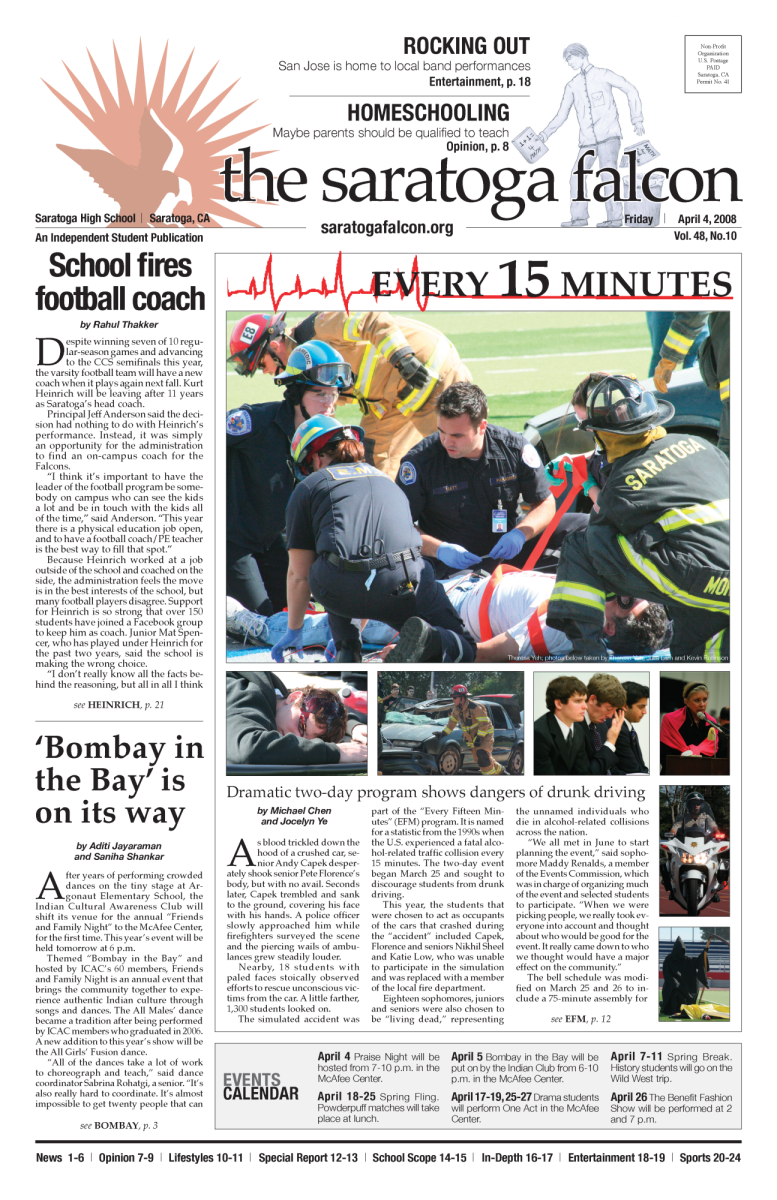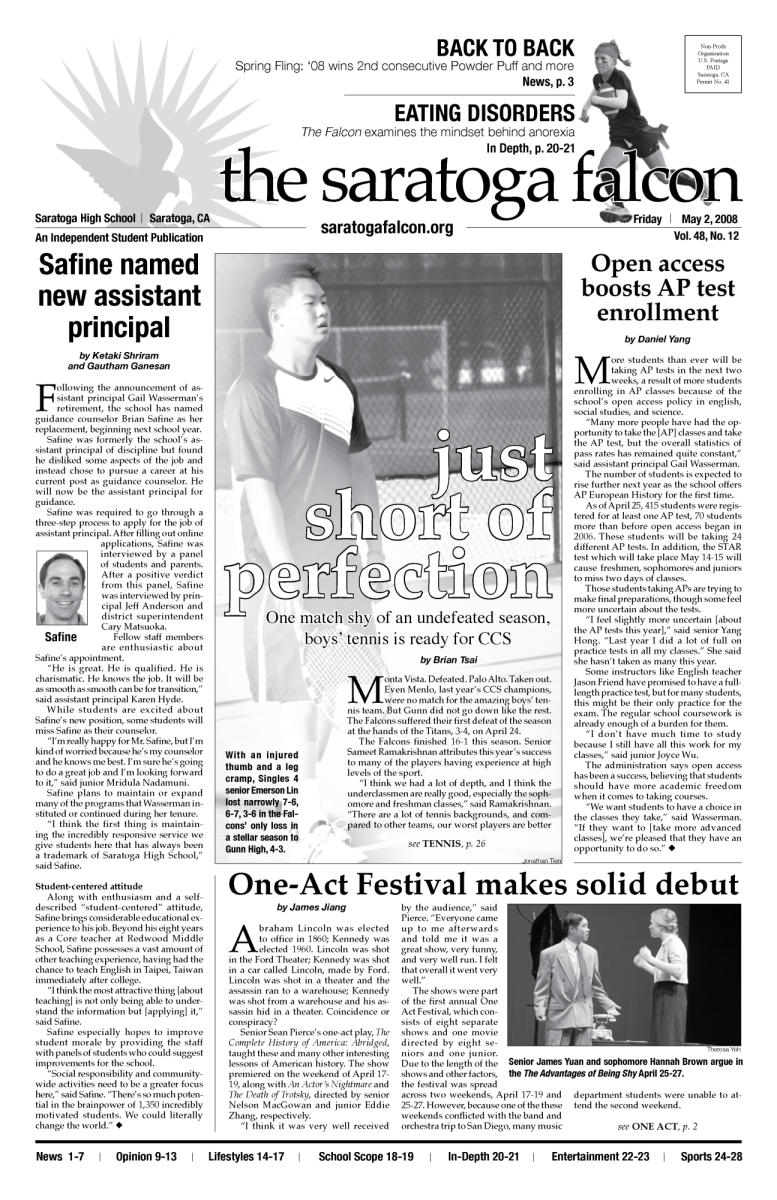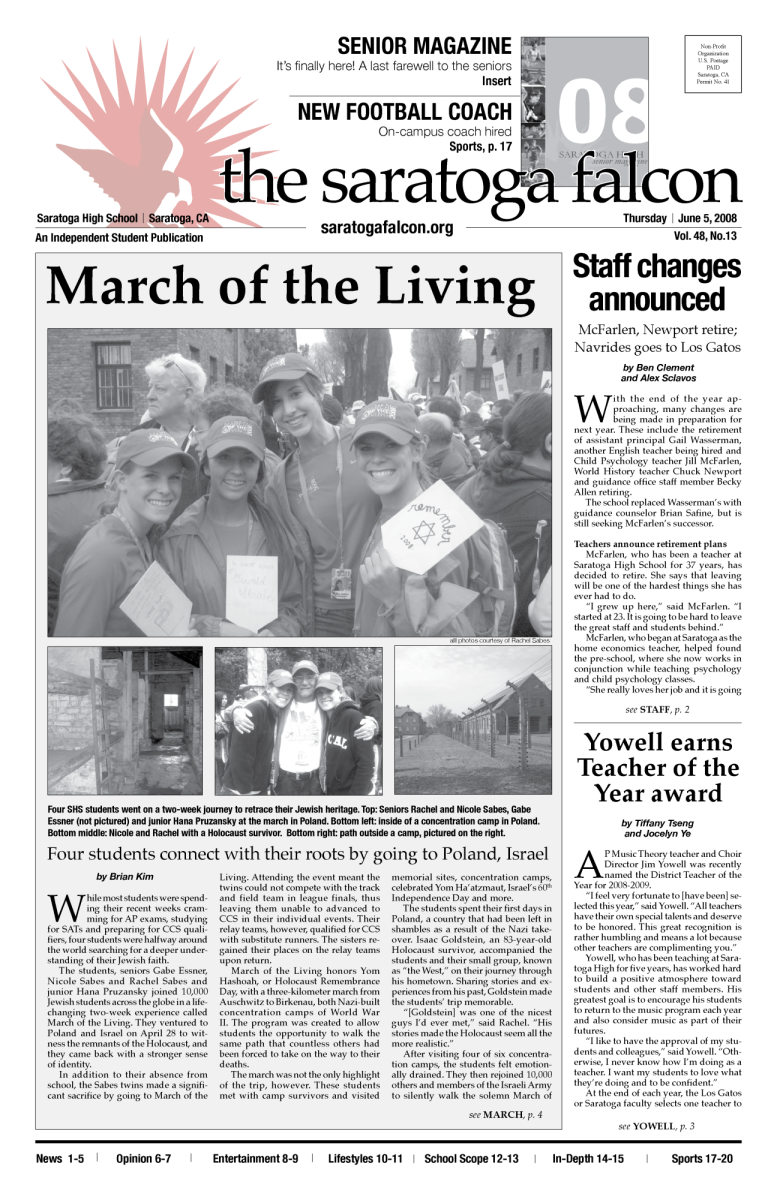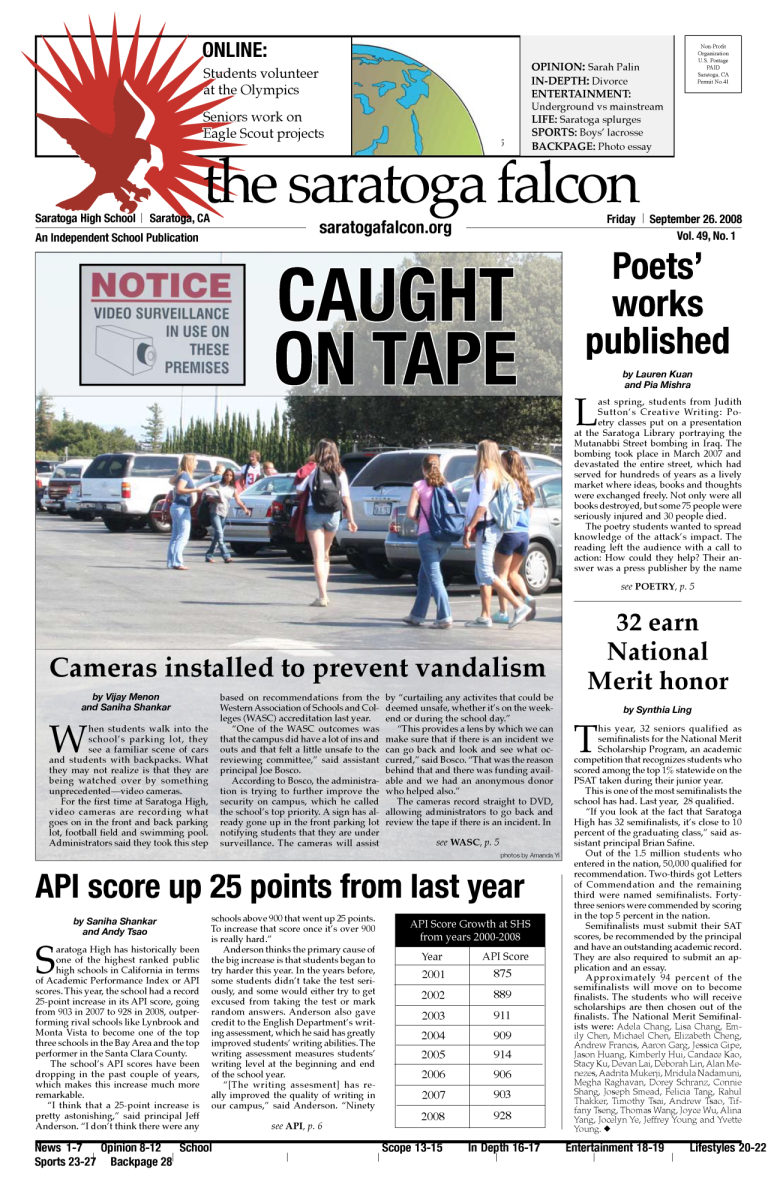As the year comes to the end, the world will celebrate the coming of 2018. However, Taiwan, also known as the Republic of China, will soon be welcoming the year Minguo 107.
This unique calendar system, based around the country’s independence from Japan, is indicative of the great amount of nationalism in the country despite slowly deteriorating and dangerous relations with China.
Although this developing problem is extremely complex and involves many culturally significant elements that have now become intrinsic to Taiwan and Mainland China’s cultures, there is a relatively simple solution: the status quo, or something very near it.
Since Taiwan’s 2016 election, tensions in the “Cross-Strait” relations have continued to escalate after a period of relative peace. Tsai Ing Wen, the winner of the 2016 general election and leader of Taiwan’s Democratic Progressive Party (DPP) has since strongly advocated for the formal independence of Taiwan. Although the country has been informally independent ever since it was expelled from the Chinese mainland, its economy as well as political system have proved to be both independent and self-sufficient. In fact, Taiwan’s Human Development Index ranking is 65 places higher than the People’s Republic’s.
Yet, Taiwan still faces hurdles of being an unofficial country, not recognized in the United Nations despite its sizable global presence. In fact, UN General-Secretary Ban Ki-Moon rejected Taiwan’s re-entrance application in 2007.
One aspect that is often glossed over is the effect that this bureaucratic power-struggle has had on the peoples of both countries and immigrants from the conflicting countries. Although basically unknown to most of the Western world, the Taiwan people have developed distinct cultures from the Mainland Chinese people since their divergence in the mid 20th century.
In fact, this difference in customs had led to a growing dislike between the peoples of the two countries. Residents of Taiwan generally resent being called Chinese, and residents of Mainland China generally think of self-identifying Taiwanese people as being stubborn and unrealistic.
One example of this is the controversy regarding 17-year-old K-Pop idol Chou Tzuyu, a member of the girl group Twice. This occurred after she was spotted waving a Taiwanese flag in the background of a Korean broadcast show. Following Chinese outrage, Chou released an apology, which in turn infuriated many Taiwanese, who recognized as it as yet another Chinese aggression.
The spat is most notable for involving younger generations, who have previously shown signs of distancing themselves from the divisiveness resulting from cultural tensions between China and Taiwan.
Realistically, even though the aggressions from China have sparked some reactions from the Taiwanese, there is actually very little risk of a true conflict arising if nothing changes. The island of Taiwan continues to operate essentially like an autonomous country, and Mainland China gets to continue telling itself that it has control over an island that has actually been independent for decades.
However, it’s become clear that many in Taiwan cannot imagine a world in which this perfect balance stays. President Tsai’s goal isn’t to keep the status quo — in fact, it’s far from it. Tsai, unlike her conservative counterparts in the previously ruling Kuomintang (KMT) party, wishes not for Taiwan to reclaim mainland China but instead for an independent Taiwanese state to be recognized globally.
This idea isn’t new, but the fact that the head of the Taiwanese government is now spearheading the movement is dangerous for relations around the world. Taiwan has and will remain an important asset and its relations with China are indicative of how Asian tensions will be felt by the U.S. and other nations.
Currently, China is one of the few nations that has contacts with North Korea, a highly volatile and unstable country. In order to ensure that China will continue to be compliant with the wishes of the UN and the U.S., the problems between China and Taiwan must be brought to the spotlight and carefully negotiated.
The fact is that Taiwan lives by staying on the fence between being compliant and resisting China, and a disturbance to this sacred balance could land Taiwan in some hot water.
It’s undeniable that if a true military conflict were to arise, the Taiwanese government would surely be picked apart within weeks, if not days. To prevent this, the Taiwanese allied themselves with many Western democratic powers. However, in a conflict provoked by a controversial move made by Taiwan against China, it’s highly doubtful whether the U.S. or any other Taiwanese unofficial ally would risk starting a world war against the legitimized Chinese government. It’s simply not worth risking the loss of life to formally declare independence.
The cultural repercussions of the Taiwanese and Chinese split will continue to affect both its citizens and likely global politics for decades to come. However, it's imperative that both countries maintain its status quo for the time being.



























